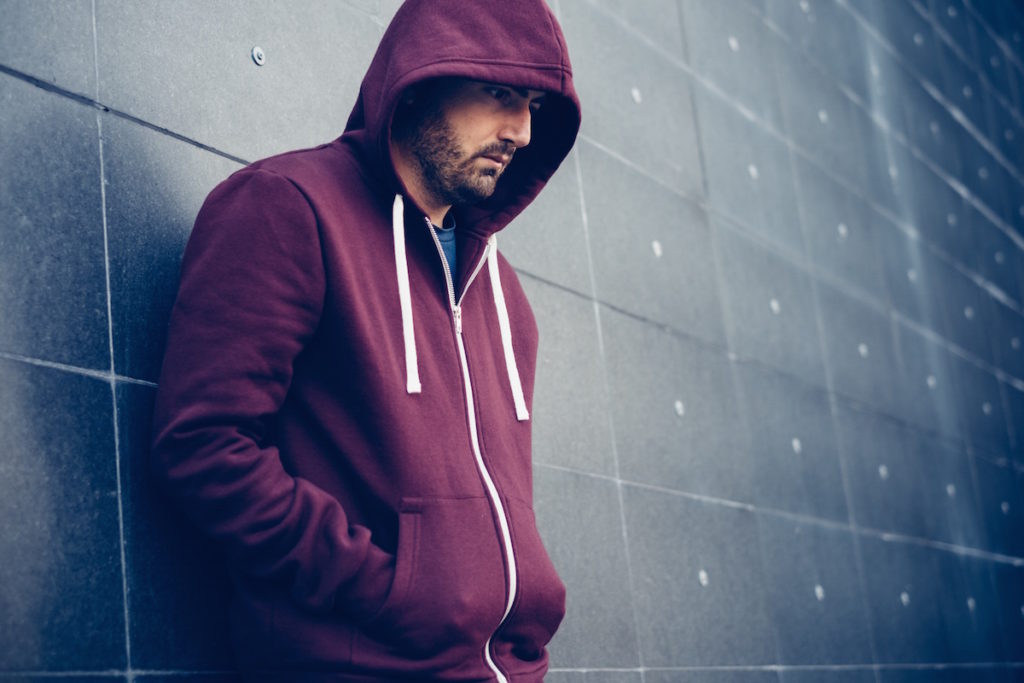Lorelie Rozzano is a guest blogger for Vertava Health.
Is Addiction A Disease? Or A Choice?
When addiction was first introduced as a brain disease, I had a hard time believing it. I was clean and sober by then and thought the ‘disease theory,’ was too soft and just another way to let addicted persons off the hook and not claim responsibility for their actions. I wasn’t alone in this thinking, either. Even to this day, I have people contacting me asking if addiction really is a disease or a choice. It’s the chicken and egg theory. When it comes to understanding this illness we are definitely not all on the same page. Even the people in recovery differ in their opinions. So what’s the truth? Is addiction a disease? Or is it a choice? One mother recently said; “I’m having a hard time calling addiction a disease. Ten years into this struggle and I still don’t get it. Other family members have fought cancer, diabetes, and Parkinson’s disease. They welcomed treatment and therapy. My child abuses drugs and refuses help, so did my dad, and he died young. My child trades one drug for another. I’m at the end of my rope. What is addiction, really? I know people say it’s a disease but other diseases don’t steal, lie and hurt the ones they love. I don’t believe addiction is a disease. I wish I could. It would make things easier. I think addiction is a choice. What are your thoughts on this matter?” [bottom-inline-cta] Many believe addiction is not a disease because it’s caused by the person’s choice to use drugs and/or alcohol. That’s true. The first time is a choice. But keep this in mind. Who do you know that has never tried alcohol and/or drugs? Almost everyone tries them at some point in their life. So why do some people become addicted, while others can take it or leave it? If you’re genetically predisposed to this illness (meaning addiction runs in your family), scientists say your brain chemistry will change upon introduction. Once the brain has been chemically changed or altered by addiction, most experts believe that the person loses the power of choice and control of their behavior. My Dad was an alcoholic. As a teenager, I swore I’d never be like him. I used drugs instead of alcohol not understanding that I was doing the same thing. By the time I realized I had a problem, I couldn’t stop. My thoughts, feelings and actions were dramatically altered. Clean and sober, I felt different than other people. I felt less than. I was not equal but inferior. Looking at me you wouldn’t know it. Mine was a disorder that lied below the surface. I was anxious, needy and fearful. When I took my first drink, that feeling of dis-ease fled. Here’s a tip. People who struggle with substance use feel in control when they use. Non-addicts feel out of control. My drug addiction was progressive. It got worse over time. The same way diabetes, heart disease and cancer do. As my addiction flourished, my thinking deteriorated. I was unable to make logical, rational, decisions. Instead, I adopted an impaired thought process of denial, dishonesty, minimization, deflection and blame. I continued to use and put my life (and the life of my family) in jeopardy.
If addiction really was my choice, why would I choose it?
I wondered if I was crazy. I certainly acted like I was. Putting one’s life at risk by ingesting copious amounts of drugs and/or alcohol is not a symptom of someone who is of sound mind. And yet, I could not stop. I tried. Many, many, times. Addiction is hell both for the person caught up in it and the family who loves them. Nobody wakes up and says, “I’m going to be an addict. Left to choice, no one would ever choose to live like this. But there is one choice addicted persons make. That’s how long they will stay sick. While addiction may not be a choice, recovery is. The trouble is, the addicted person isn’t in their right mind, so families may have to step in and make that choice for them. There are many myths about addiction. One is the addicted person needs to hit rock bottom. The other addicts must want to get well. Both of these myths are false. Working in a treatment center for 17 years, I met very few people who wanted to be there. Most were there because they’d run out of options or their family intervened. [middle-callout] Whether addiction is a disease, a brain injury, a mental illness or a choice, no amount of yelling, nagging, pleading, cajoling, rewarding, or controlling, will help. In order for someone to want to change, there must be consequences. Consequences are what motivate change. If your person is resistant, involve professionals. There are many resources available to you. Get people involved. Do not attempt to try and do this alone. Remember your loved one is not at their best right now. Don’t expect them to be happy you’re confronting their illness or setting healthy boundaries. They will thank you for it later. Addiction is a very treatable illness. With the right help, addicted persons can and do recover. If you or someone you know needs help, please call this confidential support line for assistance 844-470-0410.


